
Jul 30, 2024
The role of data is crucial. Investing in data collection and analysis helps understand challenges, target interventions, and measure impact for refugees and host communities.

Jul 19, 2024
As part of a larger holistic learning measurement project to address the lack of data on learning outcomes of refugee children, UNHCR piloted a learning assessment in Mauritania.

Jun 20, 2024
Effectively integrating refugees and migrants in labour markets boosts productivity, increases the availability of skilled workers, and drives economic growth.

Jun 7, 2024
Forcibly displaced persons, including refugees and internally displaced people (IDPs), as well as stateless persons are frequently underrepresented or invisible in national data. However, realiable and nationally owned data is vital to guide effective national policies and decisions that foster the inclusion of forcibly displaced and stateless persons around the world. Statistical inclusion of forcibly displaced and stateless persons refers to the process of systematically including these groups in national data production systems such as population and housing censuses, administrative registers or nationwide household surveys.
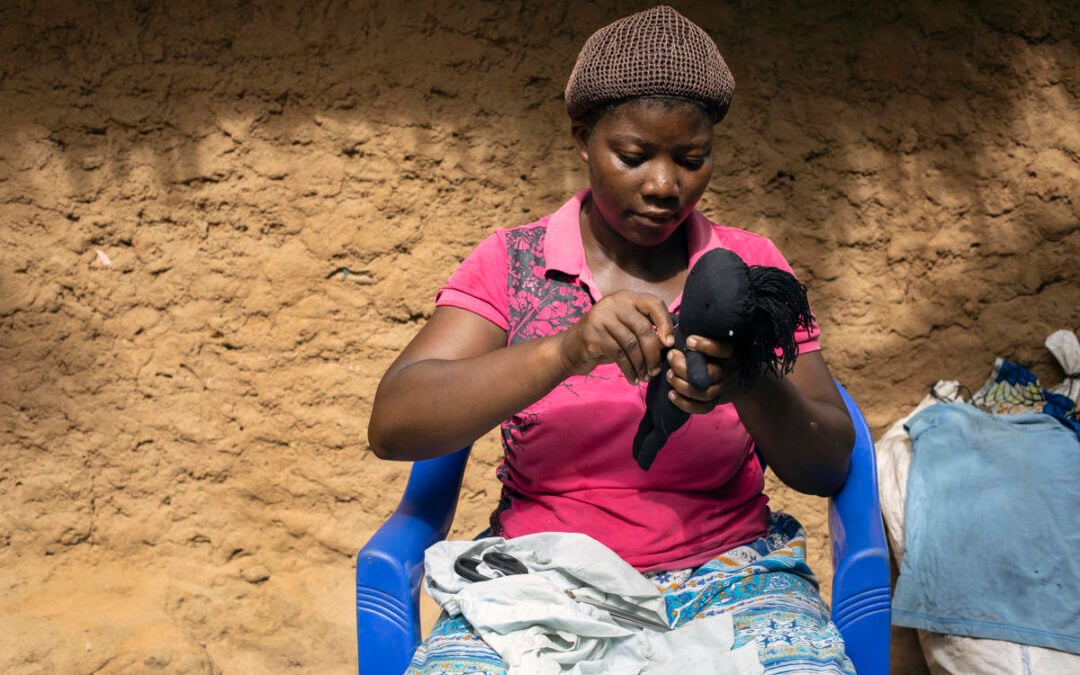
Dec 15, 2023
An impact evaluation shows significant socioeconomic benefits among refugees and hosts who participated in a graduation programme in Mozambique.
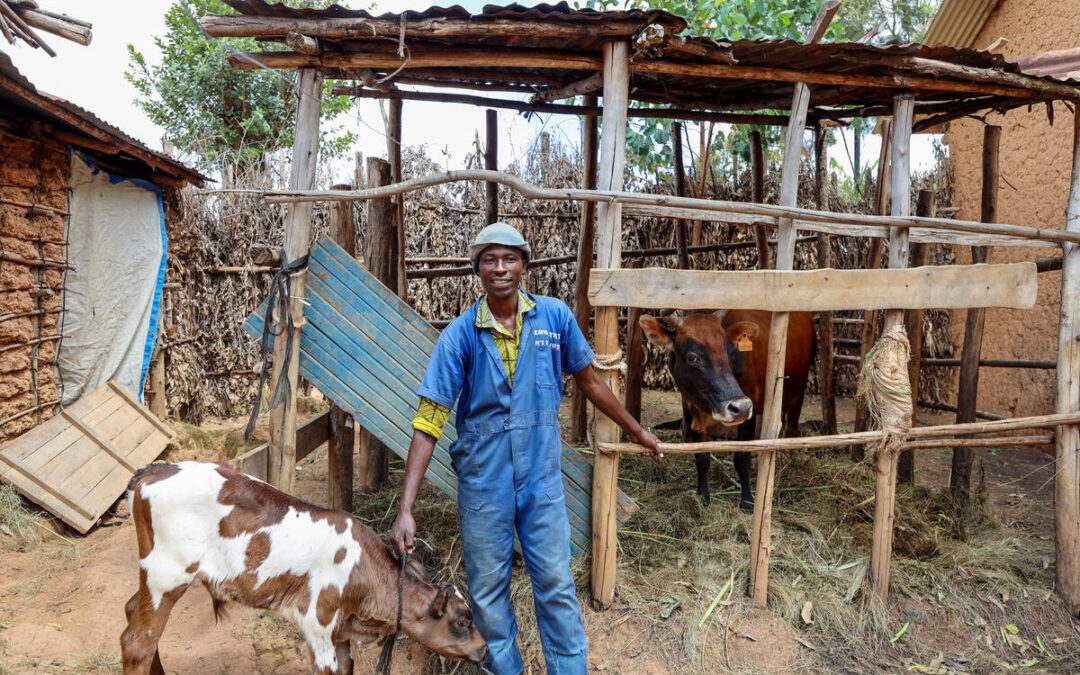
Nov 21, 2023
Supporting the economic resilience of refugees is a central piece of the global effort to meet the SDGs.
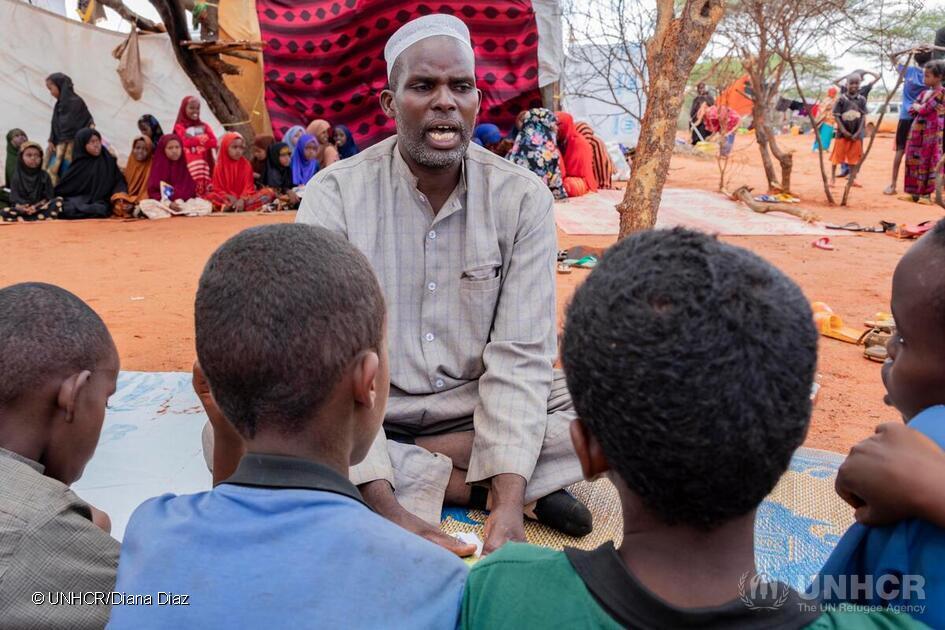
Jun 26, 2023
With the average length of displacement ranging from 10 to over 20 years, there is an urgent need to protect and serve refugee children by including them in national education systems.
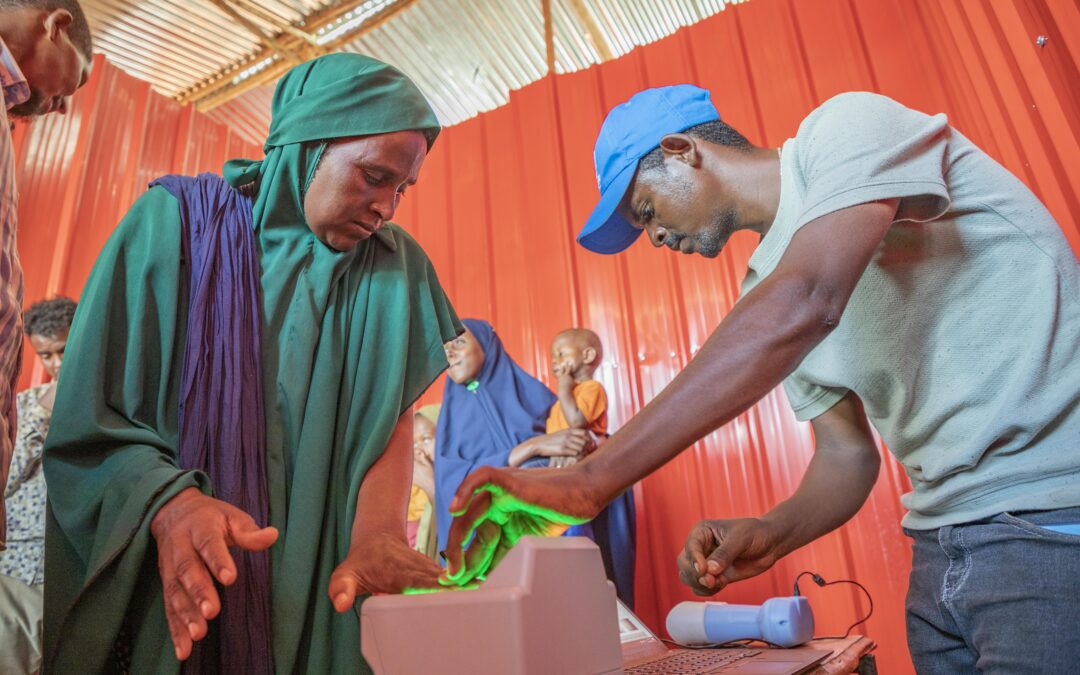
May 10, 2023
UNHCR, the UN Refugee Agency, uses a Biometric Identity Management System – or BIMS for short – for biometric enrolments of people forced to flee. It is our primary biometric system within our registration and identity management ecosystem and used in 93 countries across the world.
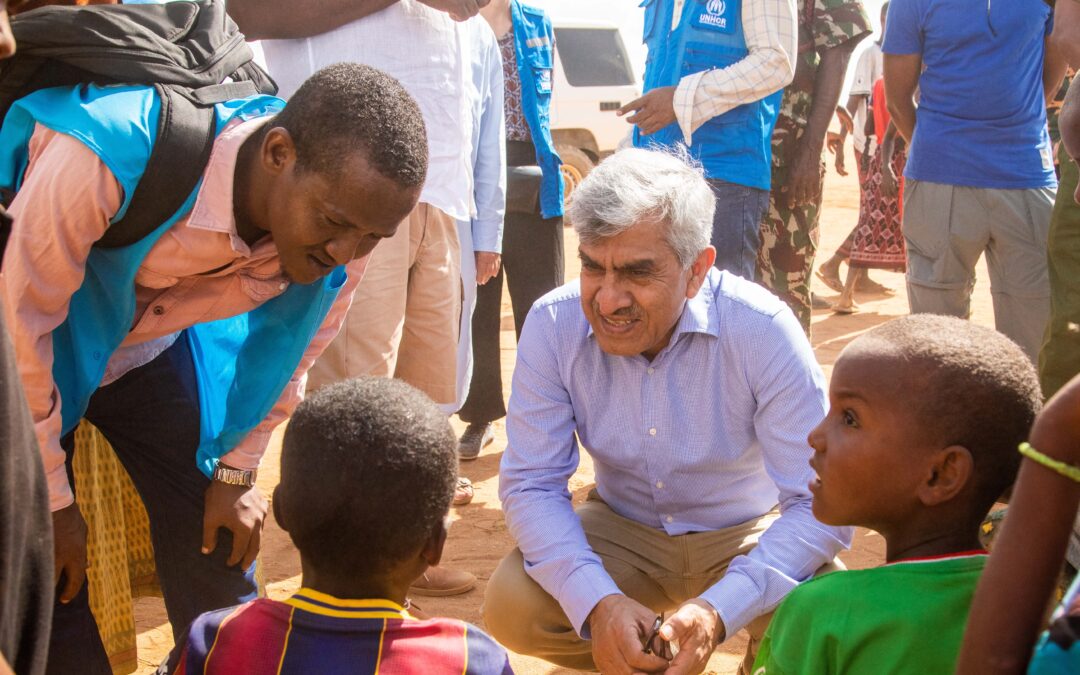
Apr 15, 2023
Sajjad Malik, UNHCR’s Director for Resilience and Solutions, returns to the Kakuma and Dadaab refugee camps 30 years after he helped set up services there. Ahead of the Global Refugee Forum 2023, he reflects on the importance of the Marshall Plan and the role of development organizations to building pathways for refugees to reach their aspirations.









